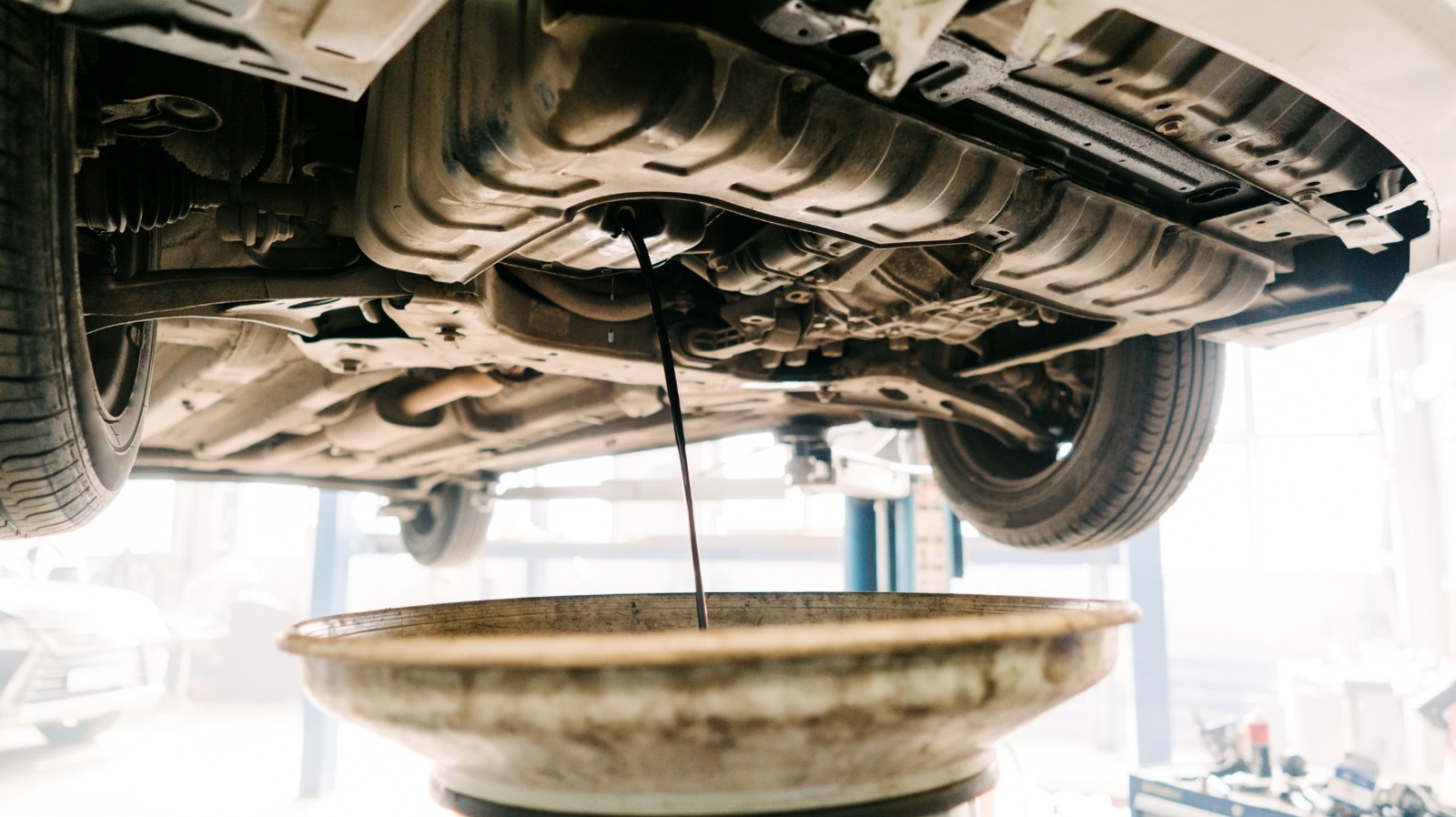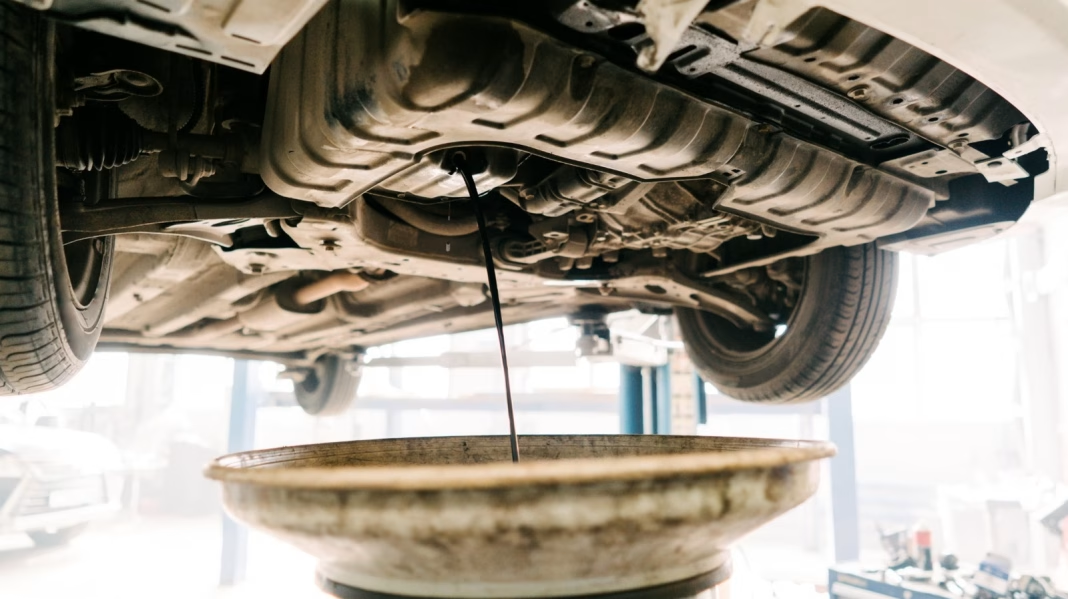An oil analysis might sound like just another upsell at your local mechanic’s shop, but it’s worth taking a closer look. This procedure can provide valuable insights into your vehicle’s health, potentially saving you from costly repairs down the line. Let’s dive into the costs and benefits of oil analysis to see if it’s something you should consider.
What Is Oil Analysis and How Does It Work?
At its core, oil analysis involves taking a sample of your engine oil and sending it to a lab for testing. The lab examines the oil for various factors, including contaminants, wear metals, and additives. By analyzing these elements, technicians can identify potential issues with your engine before they escalate into major problems. It’s like a health check-up for your car, giving you a clearer picture of its internal condition.
When Is Oil Analysis Most Beneficial?
While it might seem unnecessary for a routine oil change, there are specific scenarios where oil analysis shines. If you’re driving a high-performance vehicle, for instance, or if you frequently tow heavy loads, the stresses on your engine can lead to accelerated wear. In these cases, an oil analysis can help you monitor the engine’s performance and make informed decisions about maintenance.
Another situation where oil analysis can be particularly useful is if you’re buying a used vehicle. A quick oil analysis can reveal whether the previous owner took care of the engine or if it’s been neglected. This information can be a game-changer when negotiating the price or deciding whether to walk away from a deal.
What Are the Costs Involved?
The cost of an oil analysis can vary, typically ranging from $20 to $100, depending on the complexity of the tests performed. While this may seem like an added expense, consider it an investment in your vehicle’s longevity. Regular oil analysis can help you catch issues early, potentially saving you thousands in repairs later on.
Weighing the Pros and Cons
Let’s break down the benefits and drawbacks of oil analysis.
On the plus side, the most significant advantage is the early detection of problems. By identifying wear patterns or contaminants, you can address issues before they lead to engine failure. This proactive approach can extend the life of your vehicle and improve its performance.
Additionally, oil analysis can provide peace of mind. Knowing that your engine is running smoothly can alleviate some of the stress that comes with vehicle ownership. It’s like having a trusted advisor keeping an eye on your engine’s health.
However, there are some downsides to consider. For one, if you’re driving a newer vehicle that’s still under warranty, you might not need an oil analysis. Many manufacturers already have rigorous testing protocols in place. Also, if you’re someone who prefers a hands-off approach to car maintenance, the idea of sending off samples and waiting for results might feel cumbersome.
Real-World Examples
Consider a fleet manager responsible for maintaining multiple vehicles. Regular oil analysis can help identify which engines are underperforming or require more frequent maintenance. This data-driven approach not only saves money but also keeps the fleet running efficiently.
On the other hand, a casual driver who only takes their car in for oil changes might find that the cost of oil analysis outweighs the benefits. It really depends on your specific situation and how much you rely on your vehicle.
Finding the Right Balance
Ultimately, the decision to invest in oil analysis should be based on your driving habits, the age of your vehicle, and your maintenance philosophy. If you’re someone who likes to stay ahead of potential issues, it could be a smart move. On the flip side, if you’re more of a “set it and forget it” type, you might not find it necessary.
The big takeaway? Oil analysis isn’t about perfection—it’s about smarter adjustments. Start with one change this week, and you’ll likely spot the difference by month’s end. Whether that’s getting an oil analysis or simply paying closer attention to your vehicle’s performance, taking proactive steps can lead to a healthier engine and a more enjoyable driving experience.


